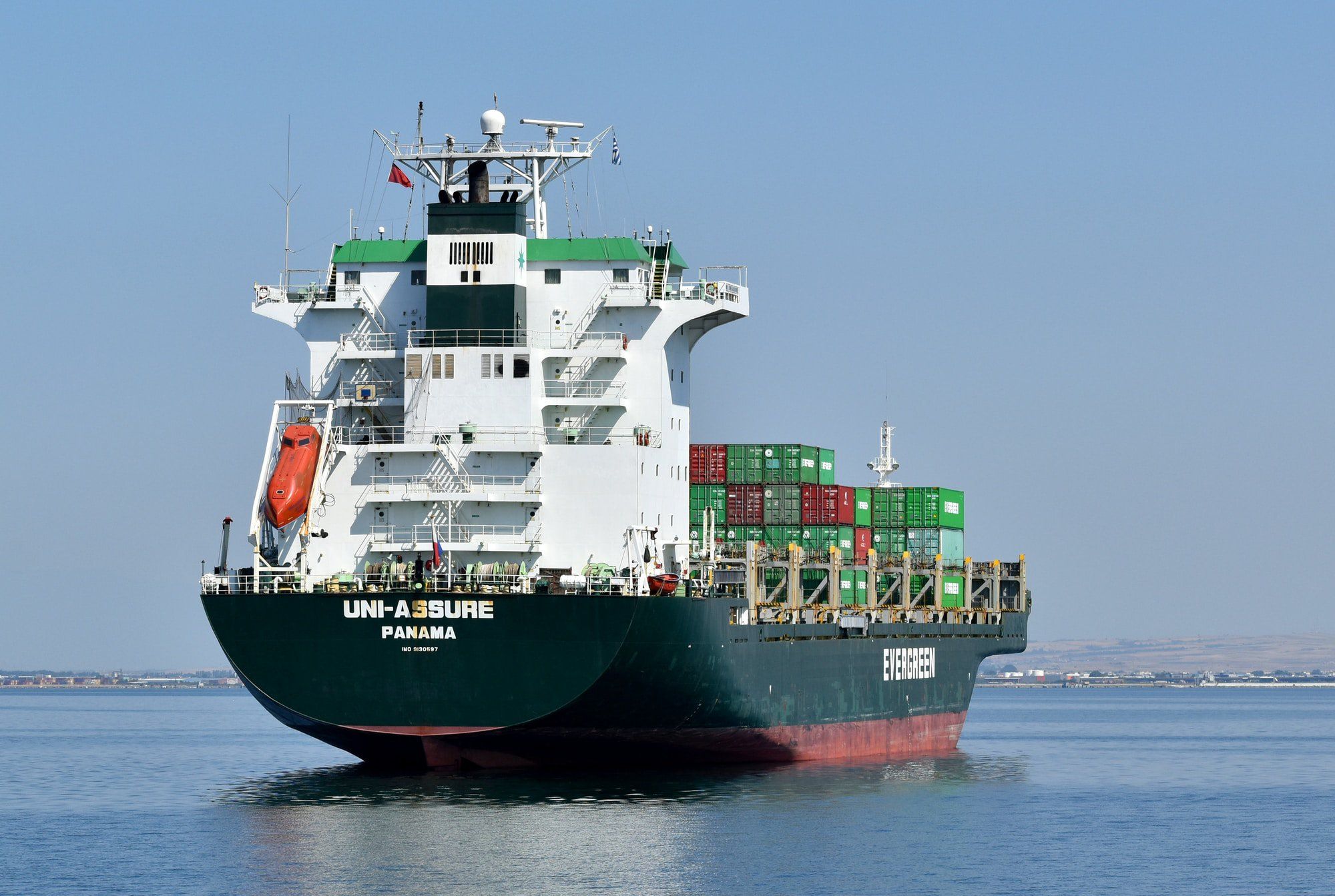UK Postponement Implementation Import Controls on EU Products
UK Control Postponement on Import Products, implementation will be delayed.

UK Control Postponement on Import Products, implementation will be delayed.
The UK government stated earlier this month that the start date for new import regulations for products entering into the country from the EU will be delayed.
Import restrictions had been postponed until October 1, 2021. This three-month extension of the application period means that full customs declarations and controls will be implemented on January 1, 2022. New safety and security declaration controls, on the other hand, will not be necessary until July 1, 2022.
It is important to note that this time frame only applies to the controls on import documents. Physical inspections of food products and loads, as well as export documents such Export Health Certificates, have already been postponed from January to July 2022. In more detail, the amended schedule will go into effect as follows:
Changes to take effect on January 1, 2022
- Pre-notification of Sanitary and Phytosanitary (SPS) commodities; and
- comprehensive customs declarations and controls (extended from 1 October 2021).
Changes to take effect on 1 July 2022
- the new requirements for Export Health Certificates (extended from 1 October 2021);
- Phytosanitary Certificates and physical checks on SPS goods at Border Control Posts (extended from 1 January 2022); and
- safety and Security declarations on imports (extended from 1 January 2022).

The deadline for new product labeling laws has not been pushed back since it already included a generous transition period, with producers free to use an EU, GB, or NI address for products sold in the UK until September 30, 2022. However, beginning October 1, 2022, pre-packaged goods supplied in the United Kingdom must include the food business operator's (FBO) GB address or, if the FBO is not situated in the United Kingdom, the name and address of the importer.
Since 1 January 2020, British exports to the EU have been subject to regulations, but the government has opted to take a phased approach on EU imports to give hauliers and businesses more time to adjust. The UK Government cites a need to give food and drink industries more time to focus on COVID-19 recovery measures, and it was determined that imposing new import regulations at such a sensitive moment for the industry would be an unfair burden.
UK food importers relieved
Importers of EU food products in the United Kingdom may be relieved by this announcement. EU markets account for roughly a quarter of all UK food imports, and there is a strong drive for regulatory changes to be phased in over time for food businesses that rely on imported products or ingredients from the EU. Indeed, Marks and Spencer, the UK supermarket chain, warned suppliers in an open letter (first reported in The Times) that there is a "real danger of disruption and delay at the EU-GB border that will lead to significant food waste across the sector, reductions in range and availability, and inflationary pressures" unless things are simplified.
UK industry representatives have strongly objected against the delay
Industry representatives, on the other hand, have slammed the announcement, claiming that it exacerbates the unfair playing field between EU and UK companies. In summary, the delay produces one-way traffic, in which UK firms selling to the EU are subject to stringent regulatory requirements, whilst EU exporters to the UK can take advantage of less stringent regulatory procedures due to the continuous delay in the implementation of import controls.